
13 Superfoods That Double as Immune System Boosters
Your immune system is tirelessly working—every nanosecond, every hour, every day—to keep harmful invaders at bay and maintain your health. At certain times—particularly during seasonal shifts or when you're already stressed or ill—your immunity can benefit from extra support. That's where immune‑boosting foods and herbs can help, giving your system the added tools it needs.
More than just fending off colds, your immune system plays a critical role in preventing long-term, serious illnesses—including cancer. Did you know that about 80% of the immune system resides in the gut, within lymphatic tissue? As nutrients, pathogens, and abnormal cells travel through your lymphatic “highways,” the immune system monitors them, filtering threats and preventing them from spreading. At birth we possess innate immunity, but diet, lifestyle, stress, and environmental exposures can either bolster or weaken it over time.
One key player in your immune defense is the T‑cell, a type of white blood cell that recognizes pathogens and supports the coordinated response to destroy them. Constantly, your body is spotting and eliminating potentially dangerous cells—this is a testament to how sophisticated and complex your immune machinery is.
When your immunity is compromised, vulnerabilities multiply. That’s why it’s so important to understand how to strengthen your defenses and recognize hazards. Below, you’ll find 13 top natural immune boosters—many of them herbs and foods you can incorporate easily into your meals or supplements—especially useful in colder months or if your health is already under stress.
1. Echinacea

Echinacea, a native North American herb, has long been praised as a natural remedy against colds and respiratory infections. But its powers go deeper. A 2003 study showed that echinacea activates peripheral cannabinoid receptors, improving immunity and reducing inflammation. It increases the numbers of T‑cells and other immune cells. It also has mild antibacterial properties.
Echinacea has shown promise not only in fighting colds, flu, and respiratory infections but also in extending lifespans in animal models, reducing disease severity, and even inhibiting leukemia in some studies. Because several of its active compounds overlap with those in cannabinoids (though far weaker), it may also exhibit anti-cancer effects under certain conditions.
2. Astragalus
Astragalus is an adaptogenic root heavily used in Traditional Chinese Medicine—valued for helping the body resist stress, disease, and fatigue. Its polysaccharides stimulate the proliferation and binding of B‑cells, which are critical for targeting pathogens.
Astragalus is both antibacterial and anti-inflammatory, packed with antioxidants that guard against cellular damage. It may also regulate cholesterol, protect kidney function, and support cardiovascular health. In cancer care, astragalus is sometimes used alongside chemotherapy to reduce side effects, inhibit tumor growth, and shrink tumors in some preclinical studies.
3. Garlic
Garlic is a potent immune modulator. It stimulates various white blood cells—macrophages, lymphocytes, natural killer (NK) cells, eosinophils, and dendritic cells—and helps balance inflammatory signaling via cytokines.
The organosulfur compounds in garlic (released when you crush or cut it) trigger immune activation. These compounds also help dampen chronic inflammation, which is a major contributor to cancer and other chronic diseases. Garlic has been shown in animal models to slow tumor formation when given before or during carcinogenic exposure.
4. Andrographis (King of Bitters)

The bitter herb andrographis paniculata is widely used in Asia for respiratory infections, sore throats, and flu. It exhibits anti-inflammatory, antibacterial, antiviral, antitumor, immune‑modulating, and other effects.
Andrographis regulates macrophage polarization and boosts antibody production—two crucial immune mechanisms. It contains more than 100 identified phytochemicals, including rare noriridoid antioxidants. Because it can adaptively interact with the immune system (activating or suppressing depending on the need), andrographis is valued in traditional medicine for its flexibility.
5. Ginger
Ginger is widely known as a digestive remedy, but its benefits for immunity are profound. Its active phytochemicals—gingerols, shogaols, paradols—carry strong anti-inflammatory and antioxidant effects. These compounds help reduce oxidative stress, halt overactive immune signaling (cytokines), and guard against chronic disease.
Ginger has been used to ease symptoms of arthritis, support cardiovascular health, and even offer radioprotective effects for those undergoing radiation therapies.
6. Licorice Root
Licorice root is a powerhouse of antioxidants—with over 20 triterpenoids and nearly 300 flavonoids identified. Its compound glycyrrhizin has been used in treating hepatitis and viral conditions due to antiviral and immunostimulatory actions.
These compounds interfere with viral gene expression and replication, boost T‑lymphocyte proliferation, and reduce bacterial virulence. Licorice also soothes throat irritation and is often used in preparations to relieve coughs and respiratory irritation.
7. Cat’s Claw (Uncaria tomentosa)
Native to the rainforests of Central and South America, cat’s claw is harvested from vine bark and root. It stimulates white blood cell production, has anti-inflammatory properties, and is used traditionally to treat infections, arthritis, and more. It also exhibits antitumor and antioxidant activities in lab studies.
Therapeutic uses include support in cancer care, chronic viral conditions (e.g. herpes), autoimmune disorders, gastrointestinal inflammation, and protection against side effects from chemotherapy and radiation.
8. Elderberry
Rich in anthocyanins and other phenolic compounds, elderberries have strong antioxidant and immune-supportive effects. In laboratory settings, elderberry extract can block influenza virus replication and increase antibody production. Human trials suggest elderberry reduces cold and flu symptoms and shortens their duration.
Additionally, elderberry helps reduce inflammation in mucous membranes, clear phlegm, and support detoxification—thus reducing the burden of toxins entering the bloodstream via the gut.
9. Turmeric (Curcumin)
Turmeric’s active compound, curcumin, is a well-known anti-inflammatory and antioxidant. It modulates immune cells—T cells, B cells, NK cells, macrophages, neutrophils, and dendritic cells—and enhances immune surveillance even at modest doses.
Turmeric’s benefits span autoimmune conditions, cardiovascular and neurodegenerative diseases, metabolic disorders, and cancer. To boost absorption, pair turmeric with black pepper (piperine) and healthy fats (like coconut or olive oil). However, it can interact with some medications, so check with a healthcare provider before using high doses.
10. Coconut Oil
Coconut oil is rich in medium-chain triglycerides (MCTs), roughly 50% of which is lauric acid—a rare fat that is easily absorbed into cells. Lauric acid and other compounds in coconut oil deliver antibacterial, antiviral, antifungal, and antioxidant benefits. It's also hepatoprotective, hypoglycemic, and even displays anti-cancer potential in laboratory studies.
Applied topically, coconut oil helps fight skin microbes, making it useful against acne or skin infections. Internally, it may improve immune function, metabolism, and hormone balance.
11. Iron
Iron plays a dual role in immunity. Too much iron can feed pathogens; too little can impair immune cell function. Adequate iron levels support lymphocyte activity and antimicrobial responses. Iron balance is critical to reduce susceptibility to infection and manage inflammation.
Dietary sources include red meats, fish, legumes, nuts, seeds, dried fruits, raw cacao, and leafy greens.
12. Vitamin C
Perhaps the best-known immune nutrient, vitamin C is essential for many immune functions: boosting NK cell activity, white-cell proliferation, and stabilizing cells against oxidative stress. In times of infection or stress, your vitamin C levels can drop rapidly, so maintaining a steady supply is key.
Vitamin C can shorten the course of infections, reduce severity, and enhance resistance to new pathogens. It also supports collagen formation, cardiovascular health, and overall resilience. Foods rich in vitamin C include citrus fruits, bell peppers, berries, kiwi, greens, and more.
13. Probiotics
A large share of immune function lies in the gut microbiome. Probiotics—beneficial bacteria—help:
-
Block pathogenic bacterial growth by producing bactericidal substances
-
Compete with pathogens for binding sites in the gut
-
Strengthen the intestinal barrier
-
Modulate inflammation and immune signaling (via Toll‑like receptors)
Probiotics are associated with improved outcomes in allergies, viral and bacterial infections, skin conditions, inflammatory bowel disease, depression, and even cancer. You can nourish your microbiome with fermented foods like sauerkraut, kimchi, kefir, plain yogurt, miso, kombucha, tempeh, and apple cider vinegar.
Supporting Immune Health: Lifestyle Matters Too
While these foods and herbs are powerful tools, your everyday habits play a huge role in how well your immune system operates. Consider the following:
-
Get high-quality sleep (7–9 hours for most adults)
-
Moderate alcohol consumption
-
Maintain a healthy weight
-
Manage stress (meditation, nature walks, deep breathing)
-
Experiment (safely) with cold exposure (e.g. cool showers)
-
Limit refined sugar and processed foods
-
Exercise regularly (balanced, not excessive)
-
Stay hydrated and eat a diet rich in whole, nutrient-dense foods
Your immune system is your internal protector—inside your gut, blood, and tissues. Doing what you can to support it is not just smart—it’s essential. With the right combination of immune-boosting foods, herbs, and healthy habits, you give your body a stronger, more resilient defense against whatever the world—and seasons—may throw at you.
News in the same category


Stop Ignoring These 8 Subtle Signs of Heart Trouble Before It’s Too Late

1 Teaspoon of Baking Soda Can Do This to Your Body!

Here’s How to Starve Cancer to Death By Removing One Thing From Your Diet

This Super Tea Kills Parasites And Cleanses The Body of Toxins

Your pancreas could be ‘silently inflamed’ right now and you’d never know until it’s too late

4 foods to eat on an empty stomach in the morning to cleanse the gut, boost digestion, and lower cancer risk

10 Simple Ways to Help Your Body Detoxify and Cleanse Itself

14 Warning Signs of Low Magnesium Levels and What to Do About It (Science Based)

Why Your Legs Get Weaker After 50 — And 4 Simple Ways to Fight Back
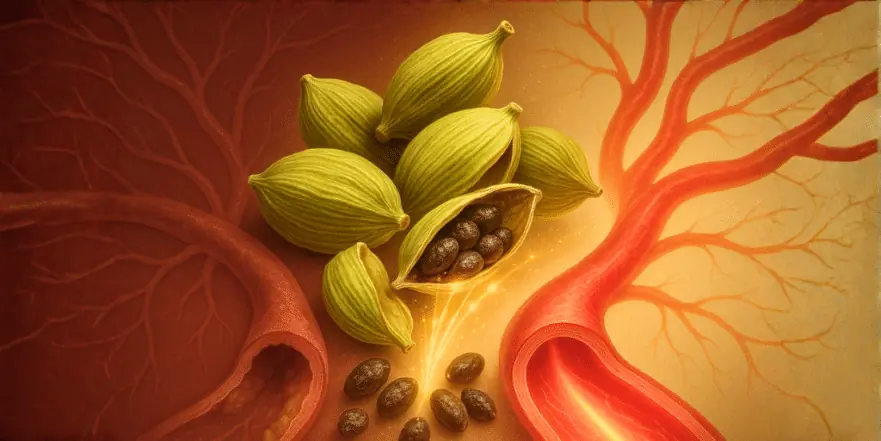
This Ancient Spice Opens Your Arteries Like Magic and Supercharges Your Heart
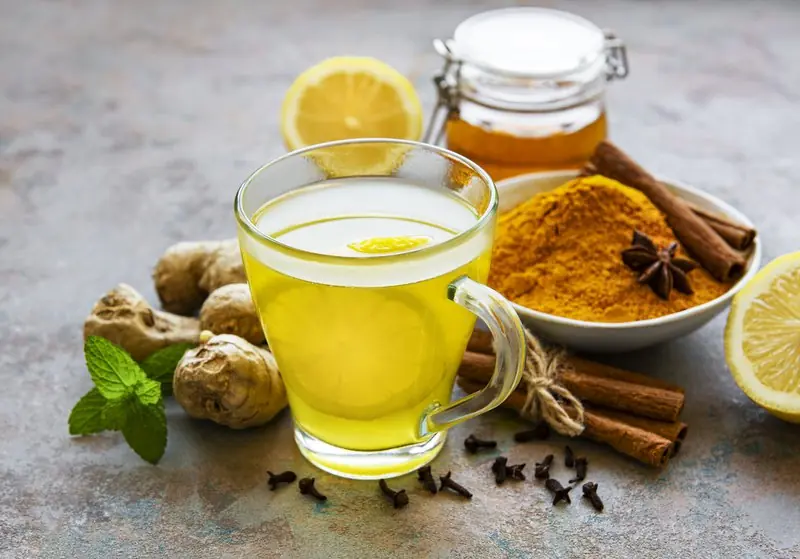
This Super Tea Cleanses the Body and Fights Inflammation (5 Ingredients)

One Tablespoon to Clear Arteries and Boost Your Energy Naturally

70-year-olds look 40! 🍀 The Japanese wrinkle remedy you need to try

The real reason you wake up at 3AM — and one simple way to stop it

9 Signs You’re Actually Going Through Menopause (Even If You Didn’t Realize It)

15 visible signs of low thyroid you can see – don’t ignore #7!

The 30-second ear shake trick: try it and see shocking results
News Post

This Drink Destroys Your Bones From the Inside and Harms Every Organ on Its Way Out

Stop Ignoring These 8 Subtle Signs of Heart Trouble Before It’s Too Late

1 Teaspoon of Baking Soda Can Do This to Your Body!

Still Waking Up Tired? This Simple 3g Bedtime Mix Beats Melatonin for Deep Sleep
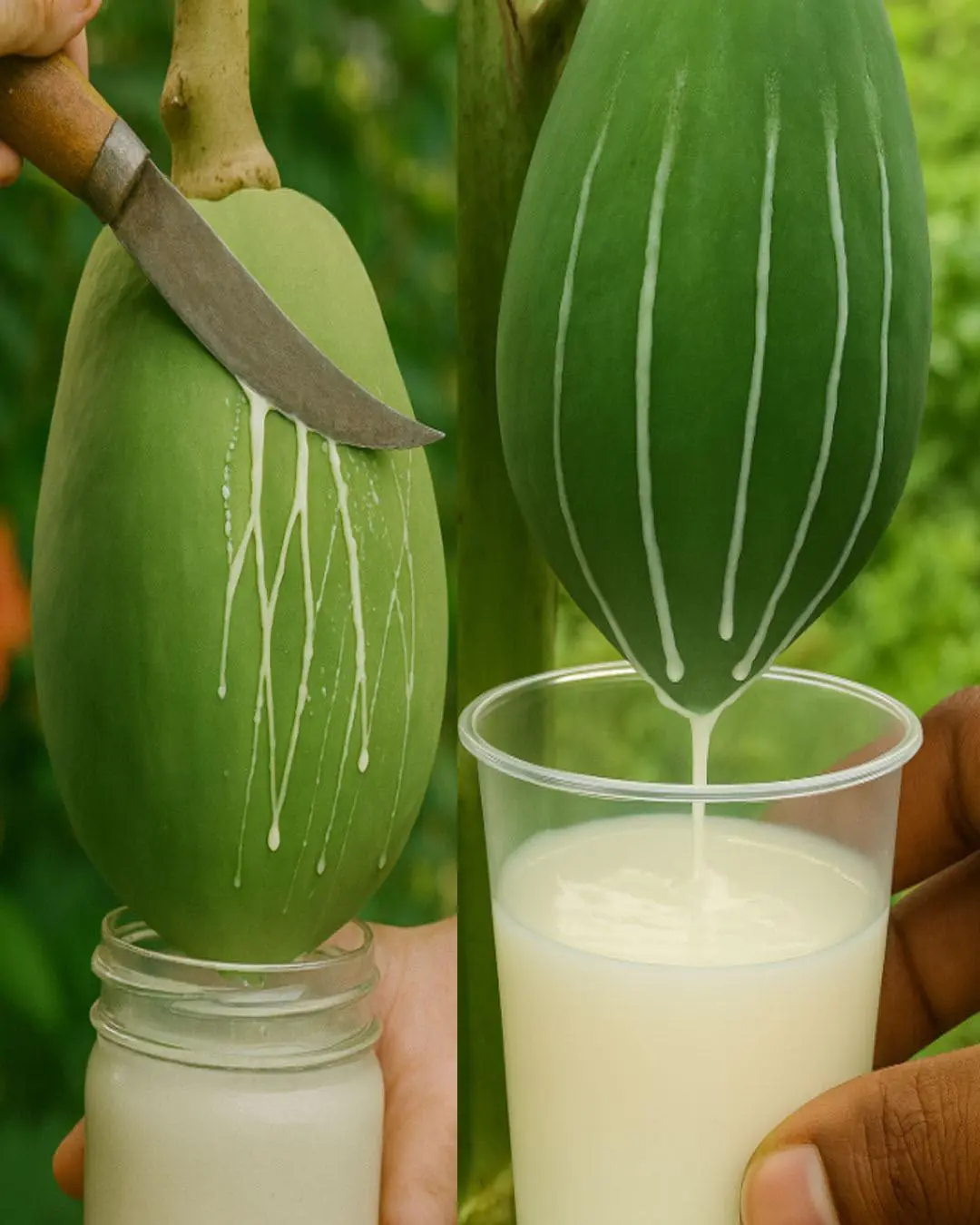
Papaya releases a milky sap, but most people don’t realize how important it is
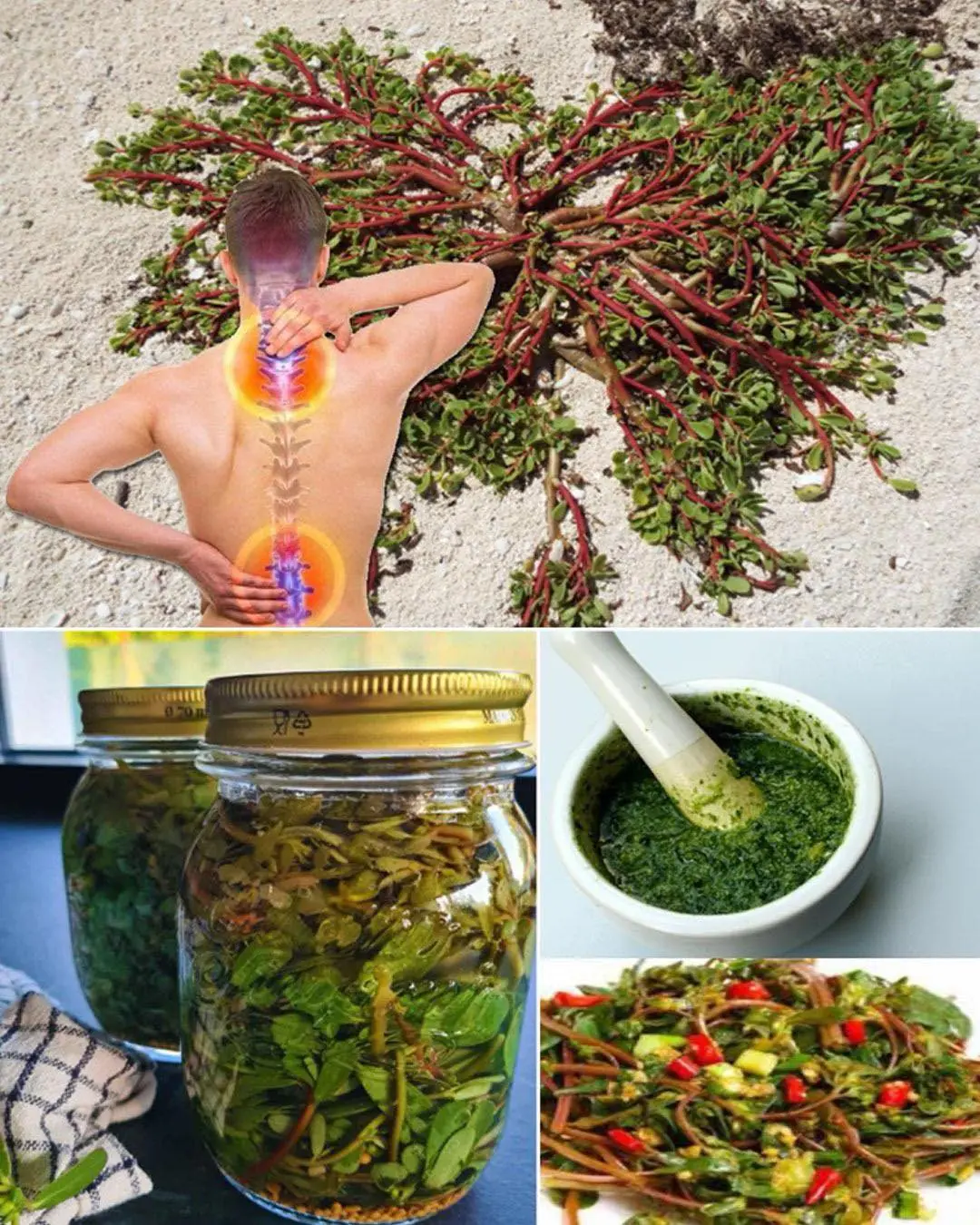
Purslane: The Superfood That Tastes Better Than Meat – 7 Reasons to Grow It in Your Garden

9 DIY Cucumber Trellis Ideas for Easy Harvesting and Maximized Garden Potential
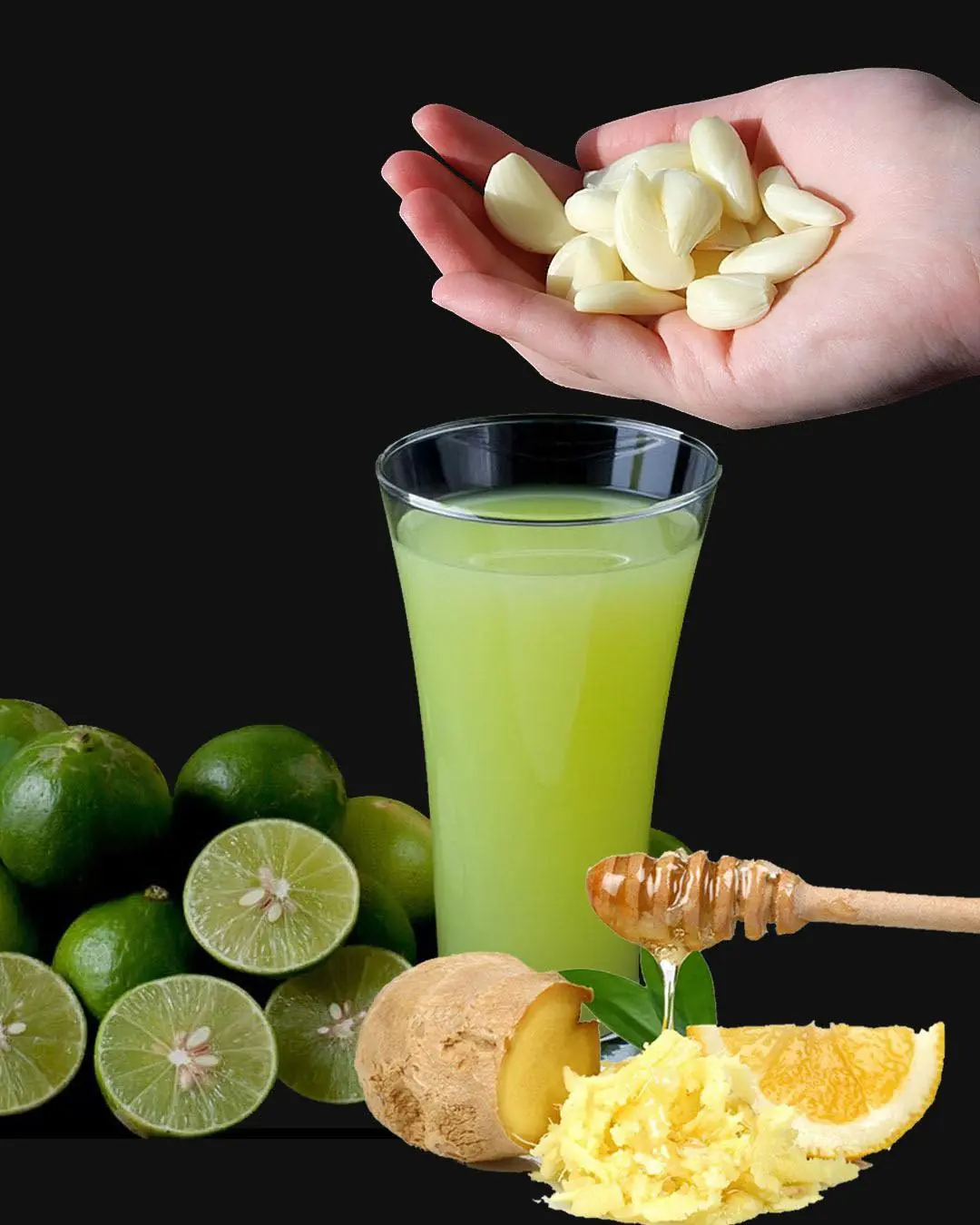
Honey, Lemon, Onion, Garlic & Ginger: The Daily Spoonful That Works Wonders
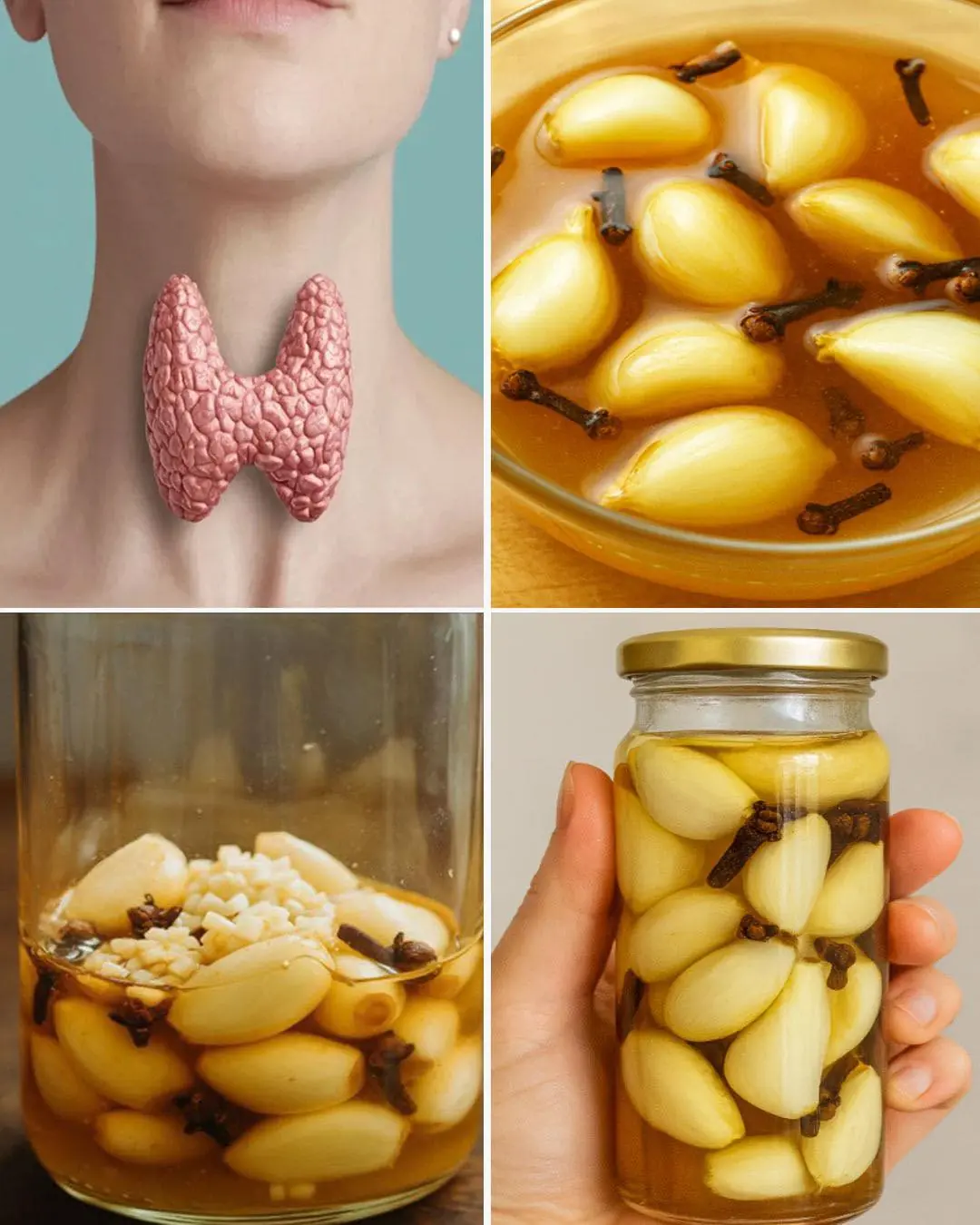
Garlic, Honey, and Cloves – a powerful natural remedy packed with health benefits
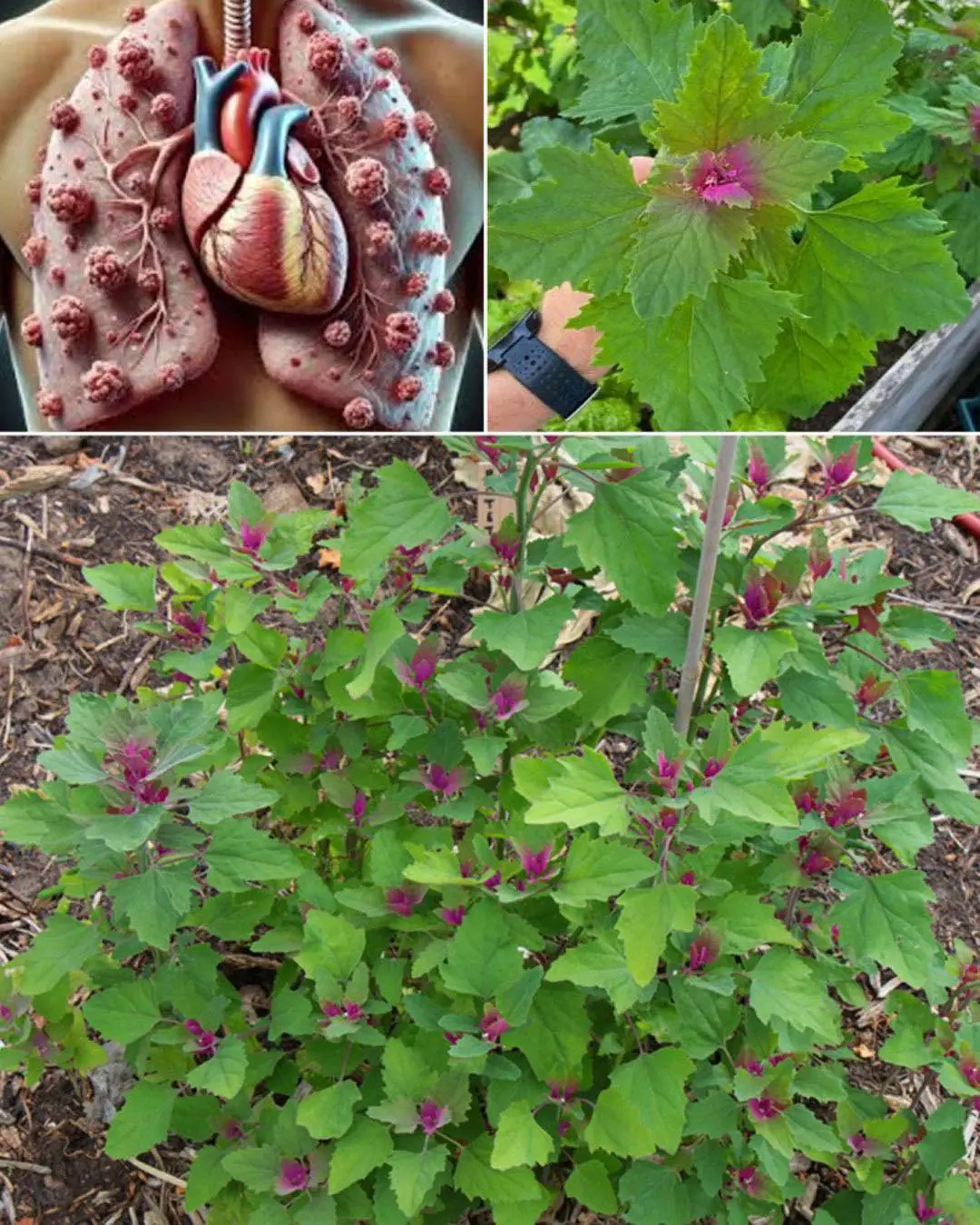
Discovering the Health Benefits of Lamb’s Quarters
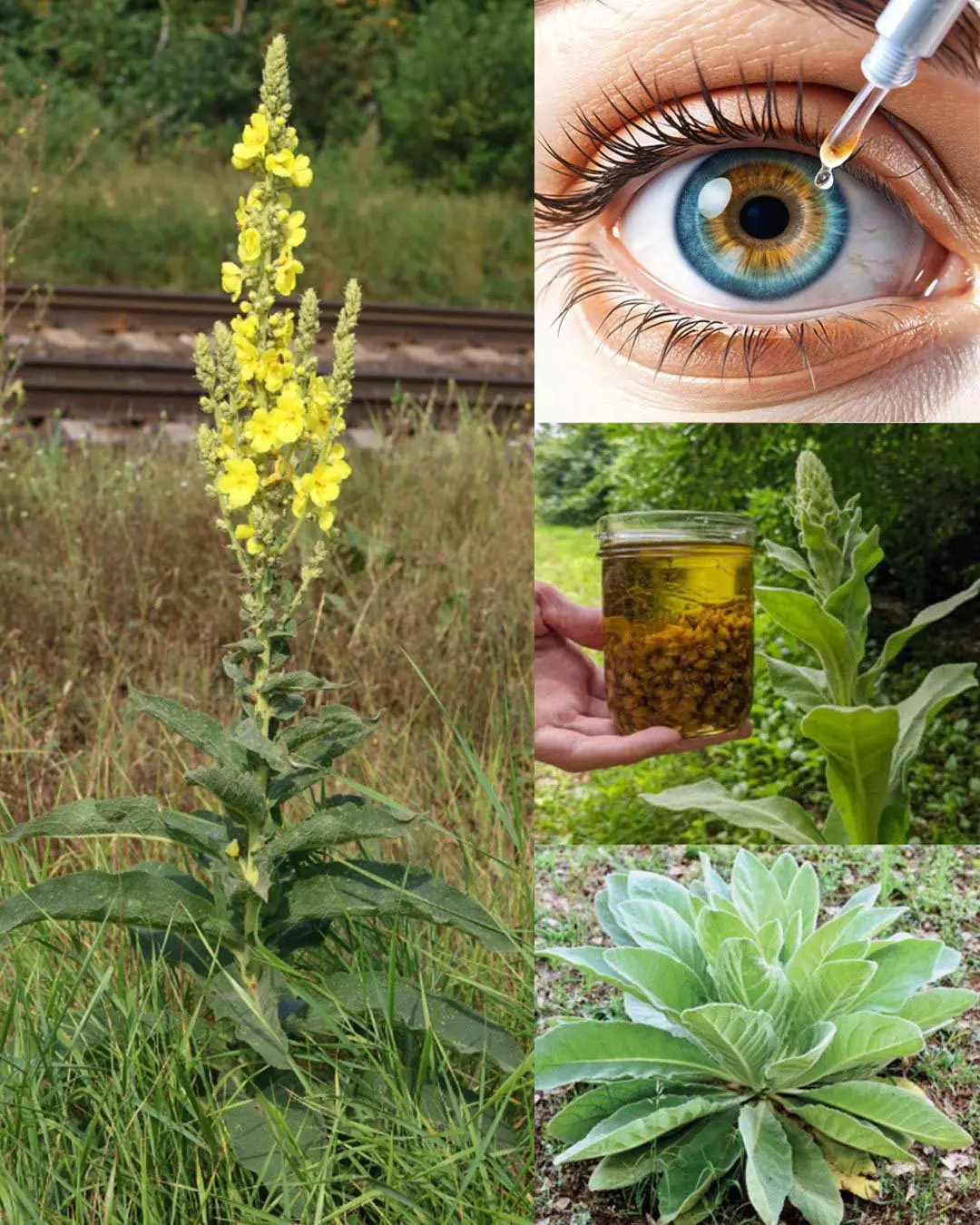
Common Mullein: Benefits and Uses of Nature’s Versatile Herb

12 Homemade fertilizers for plants easy to find at home

Is It Necessary to Unplug the Rice Cooker After the Rice Is Cooked?

Find All 7 Animals Hidden

6 Surprising Predictors of Divorce You Probably Overlooked

Cyperus Rotundus: The Ancient Herb with Modern Healing Power

Euphorbia Hirta: 9 key health benefits of this versatile plant

Here’s How to Starve Cancer to Death By Removing One Thing From Your Diet

This Super Tea Kills Parasites And Cleanses The Body of Toxins

